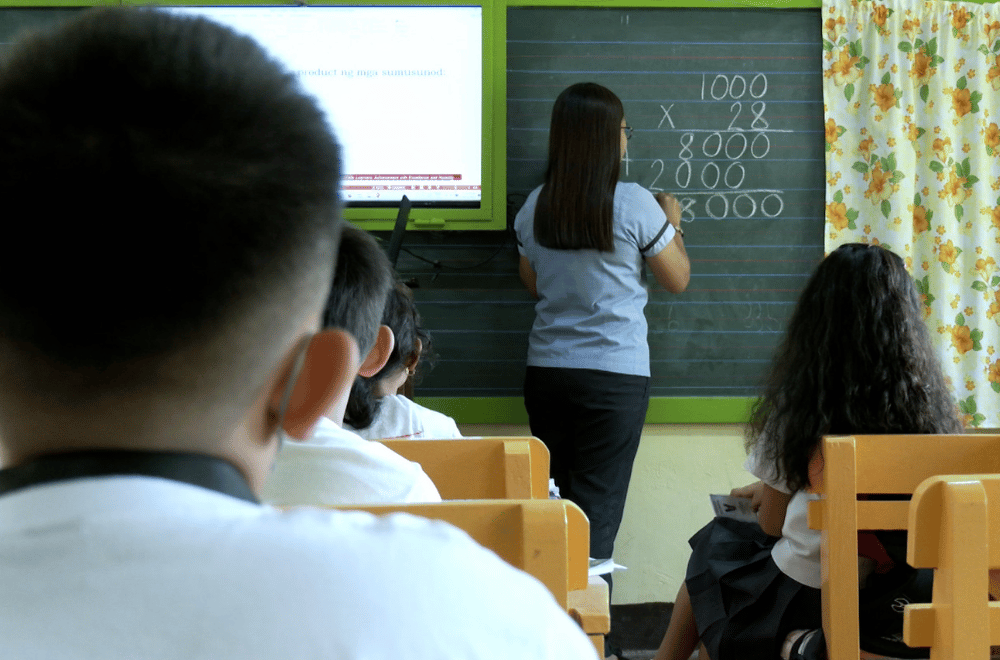Several cases of epistaxis or nosebleeds have been reported among students in Batangas City, according to the Department of Education (DepEd).
Although DepEd did not provide an exact count, the department assured it is not disregarding the matter.
Health authorities cite the intense heat as one of the reasons for the nosebleeds.
Batangas City had a heat index of 41 degrees Celsius on May 1, 2024, according to AccuWeather.
As the sweltering heat continues, Kate Godoy, a parent, fears for her son.
“Tapos matumba siya, mahilo… inuubo [pa] ang mga bata, karamihan inuubo po kasi rito. Wala namang [sila] ibang pupuntahan kundi sa mga puno,” Godoy said.
While schools have resorted to distance learning, Godoy believes it is better for her son to study outside, as the air from their home’s electric fan is also warm.
It is considered advantageous for students to continue with distance learning, according to Dr. Jimmy Panganiban, Division Superintendent of DepEd-Batangas City.
Decisions regarding individual nosebleed cases are made by school heads based on manageability.
Nosebleeds occur when the lining of the nose is thin, according to Dr. Belinda Sabellano, Medical Officer III of DepEd Batangas City.
“Maninipis po siya [ang lining], so, prone talaga siya na pumutok or magkaroon ng [nosebleeding] nga po. Kapag pumutok siya with extreme temperature or with manipulation, pwede siyang mag-present at nose bleeding or epistaxis,” Sabellano said.
When experiencing a nosebleed, it is important to remain calm and not tilt the head back. Patients are advised to pinch the nose softly forward to prevent swallowing blood, apply an ice pack or cold compress, and move to a cooler area.




